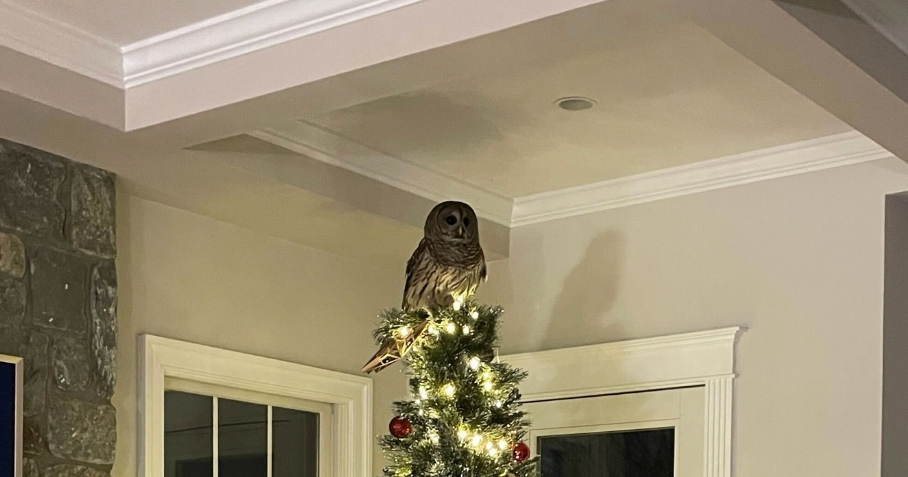"The Blood of Heroes: The 13-Day Struggle for the Alamo - and the Sacrifice That Forged a Nation" by James Donovan
Jeff Glor talks to James Donovan about "The Blood of Heroes: The 13-Day Struggle for the Alamo--and the Sacrifice That Forged a Nation"
Jeff Glor: What inspired you to write the book?
James Donovan: You can't believe the reverence Texans have for the Alamo story--it's the real religion of Texas. I'm originally a Brooklyn boy, but I've lived in Texas since 1975, and over the years I learned enough about it to question some of the myths and legends. The Alamo saga has more of those than any other American event of the last 200 years. I decided to strip the story down to the truth as much as possible, by going back to the primary sources. I found some fresh sources that hadn't been tapped, and that enabled me to flesh out the story and answer some enduring mysteries, such as whether or not Alamo commandant William Barret Travis really drew that famous line in the sand.
JG: What surprised you the most during the writing process?
JD: A refreshing realization: How proud Americans were in 1836 of this new kind of government they had brought into the world just 60 years before--they were almost evangelicals for democracy, and wanted to spread it to other countries. They were sending money and soldiers to revolutionaries in nations such as Poland and Greece, so of course, when their American cousins in nearby Texas called for their help, men poured into the Mexican province by the thousands to aid them in what they saw as a revolution similar in many ways to the American Revolution of 1776--colonists fighting for their freedom and liberty against a despot. We're so accustomed to our republican democracy and our liberties that we take them for granted. Just to get a whiff of the excitement and pride those principles inspired in Americans early in our history was an experience I'll always treasure and hope to never forget.
JG: What would you be doing if you weren't a writer?
JD: I'm a literary agent by day, and have been for almost 20 years, so I'd still be representing other writers. But I'd probably be writing poetry at night--I've read some before falling asleep almost every night since I was a teenager. I'm currently making my way through Tennyson's works. He's very underrated these days, but his ear was exquisite. Sheer poetry, in the old-fashioned sense. Of course, if I had the talent, I'd much rather be a rock-and-roll musician. I've played harmonica a few times on stage with a rock band, and there's no stronger drug than the feeling you get of an audience responding favorably to what you're playing.
JG:What else are you reading right now?
JD: Besides Tennyson, I read a lot of thrillers and mysteries, some literary fiction, and of course history, mostly American. I'm rereading David McCullough's "1776," which is wonderful, and next is "Unbroken," by Laura Hildenbrandt. She's an amazing writer--really knows how to tell a story. I dare anyone to read that book's two-page preface and not continue.
JG: What's next for you?
JD: I haven't decided--but it won't be another last stand. After writing about the Battle of the Little Bighorn in "A Terrible Glory," and now the Alamo in "The Blood of Heroes," I'm a bit burned out on last stands. They're difficult to research, because of course one entire side of the battle in question has been destroyed, so you're missing important first-hand sources from that side. I'd like to do a book where I can actually talk to some of the participants--I envy writers who can do that!
For more on "The Blood of Heroes" visit the Hachette Book Group website.




